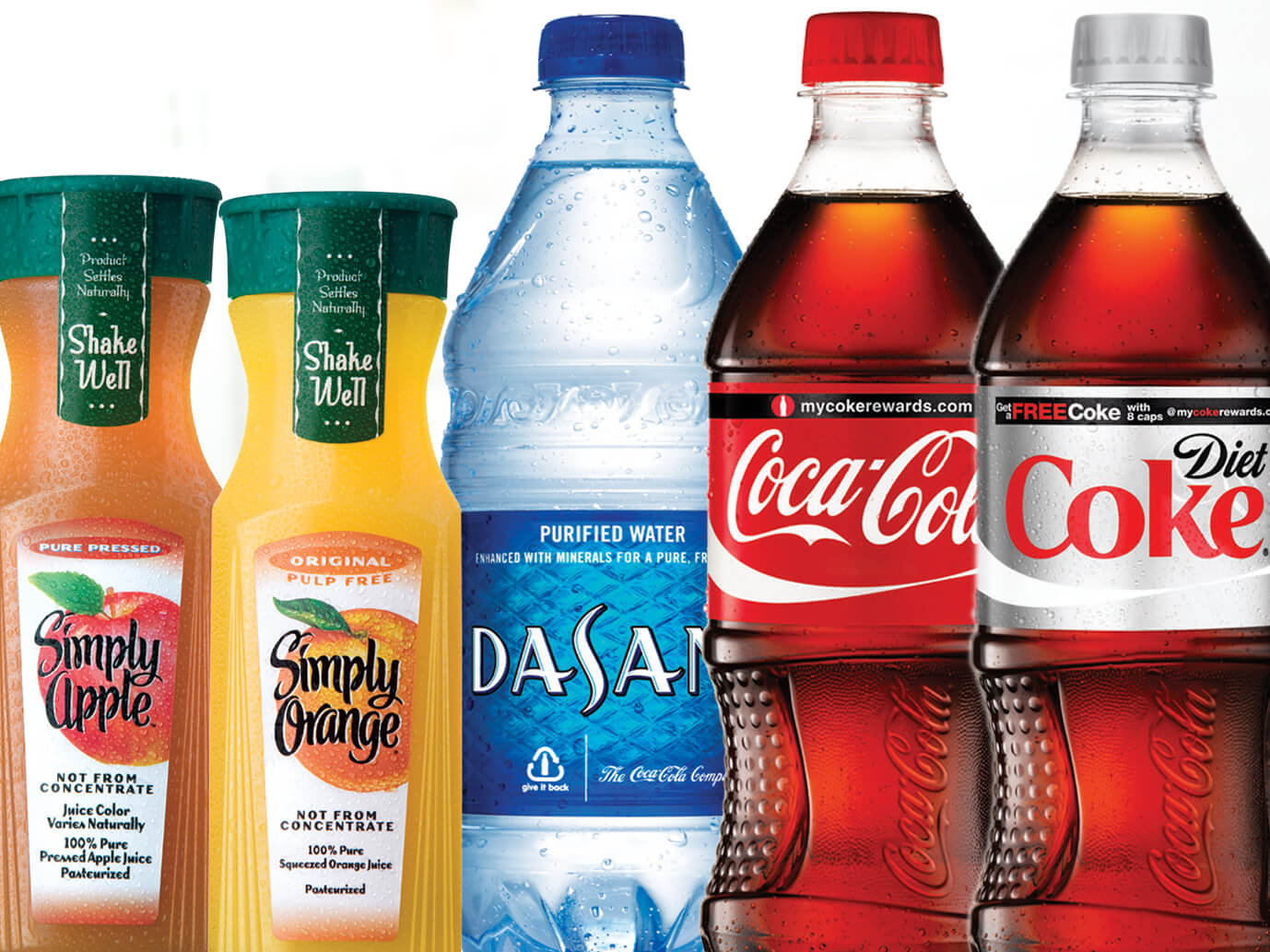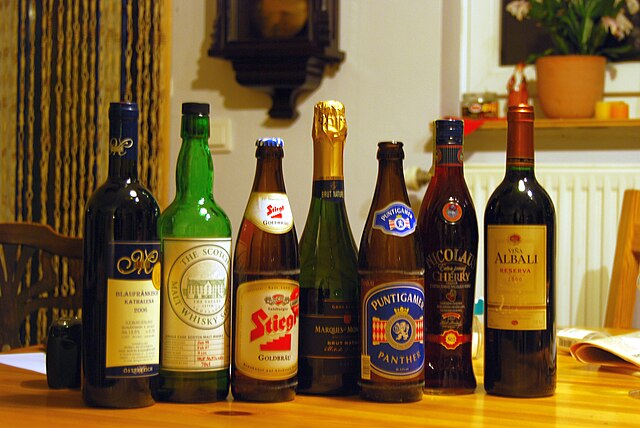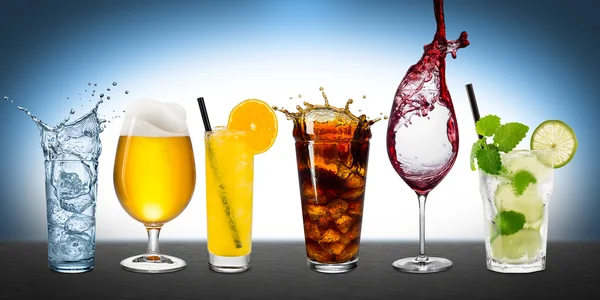Title: Examining the Impact of Beverage Marketing on Consumer Choices
Introduction:
In today’s consumer-driven world, marketing plays a pivotal role in shaping purchasing behaviors, particularly in the realm of beverages. From sugary sodas to trendy energy drinks and artisanal coffees, beverage marketing strategies are designed to captivate consumers and influence their choices. This article delves into the profound impact of beverage marketing on consumer decisions and explores the implications for public health and consumer well-being.
Understanding Beverage Marketing:
Beverage marketing encompasses a wide array of techniques, including advertising campaigns, product placement, celebrity endorsements, and social media engagement. These strategies are carefully crafted to evoke emotions, create brand loyalty, and ultimately drive sales. Beverage companies invest billions of dollars annually in marketing efforts, employing sophisticated tactics to target specific demographic groups and promote their products.
The Power of Branding:
Branding is a powerful tool in beverage marketing, allowing companies to differentiate themselves in a crowded marketplace. Iconic logos, catchy slogans, and distinctive packaging are designed to create instant recognition and association with a particular beverage brand. Through consistent branding, companies seek to establish a strong brand identity and foster a sense of trust and familiarity among consumers.
Influence of Advertising:
Advertising plays a central role in shaping consumer perceptions and preferences. Television commercials, online ads, and print media are ubiquitous platforms through which beverage companies showcase their products and convey persuasive messages. By highlighting desirable attributes such as taste, convenience, and lifestyle appeal, advertisers seek to entice consumers and prompt them to make purchasing decisions.
The Rise of Digital Marketing:
In the digital age, social media platforms have emerged as influential channels for beverage marketing. Through targeted ads, sponsored content, and influencer partnerships, companies can reach millions of consumers with tailored messages and promotional offers. Social media influencers, with their vast followings and aspirational lifestyles, wield considerable influence over consumer behaviors, driving trends and shaping purchasing decisions.
Health Implications:
While beverage marketing is undeniably effective at driving sales, it also raises concerns about its impact on public health. Many beverages promoted through marketing campaigns are high in sugar, caffeine, and other potentially harmful additives. Excessive consumption of sugary drinks has been linked to obesity, diabetes, and other chronic health conditions, making it imperative to scrutinize the messages conveyed by beverage marketing and advocate for healthier choices.
Conclusion:
The impact of beverage marketing on consumer choices is undeniable, exerting a powerful influence on purchasing behaviors and consumption patterns. While marketing strategies are designed to maximize sales and profitability for beverage companies, they also have significant implications for public health and consumer well-being. As consumers, it is important to critically evaluate marketing messages and make informed choices that promote health and sustainability. Moreover, policymakers and public health advocates must work collaboratively to enact regulations and initiatives that promote healthier beverage options and protect consumers from deceptive marketing practices. By fostering greater awareness and accountability in beverage marketing, we can empower consumers to make choices that align with their values and contribute to a healthier, more sustainable future.




